As Artificial Intelligence (AI) becomes more involved in the music industry, from composition to production, a wave of myths and misunderstandings has emerged. While AI offers groundbreaking tools for musicians and producers, it’s important to separate fact from fiction to truly understand its role and limitations in music creation.
What Is AI in Music?
AI in music refers to the use of algorithms and machine learning to compose, analyze, remix, or assist in creating music. Tools like AIVA, Amper, and Google’s Magenta have empowered artists to collaborate with AI in new and experimental ways. Yet, despite these advancements, misconceptions persist.
Common Myths About AI in Music
Myth 1: AI Will Replace Human Musicians
One of the most widespread fears is that AI will eliminate the need for human composers, singers, or instrumentalists. In reality, AI lacks emotion, intent, and lived experience—qualities that define great music. Rather than replacing artists, AI serves as a tool that can augment and inspire human creativity.
Myth 2: AI-Composed Music Has No Soul
Many critics argue that AI-generated music feels robotic or soulless. While it’s true that AI doesn’t experience emotion, it can mimic emotional tones based on the data it’s trained on. When guided by human input, AI can help craft music that resonates deeply with listeners.
Myth 3: Anyone Can Create a Hit Song with AI
AI can assist with melody, harmony, and even lyrics, but creating a successful song still requires artistic judgment, storytelling, and production skills. AI accelerates parts of the process, but it doesn’t guarantee commercial success or cultural impact.
Myth 4: AI Only Copies Existing Music
Although AI learns from existing musical patterns, it doesn’t simply copy and paste. Most advanced models can generate novel combinations and styles based on learned patterns. However, originality depends on how creatively the AI is used by the human artist.
Myth 5: AI Removes the Need for Music Theory
Some believe AI eliminates the need to understand rhythm, harmony, and structure. While AI can generate music with little input, a deeper understanding of music theory enables artists to guide AI more effectively and refine the results for higher-quality compositions.
The Truth About AI in Music
AI is best understood as a collaborative assistant—a digital companion that can:
- Suggest chord progressions or melodies
- Analyze listener trends and moods
- Enhance production through smart mixing tools
- Help songwriters overcome creative blocks
But the soul of music—emotion, message, and purpose—still comes from human insight.
Conclusion
AI is transforming music creation, but many fears and myths exaggerate its power or misrepresent its capabilities. Rather than viewing AI as a threat, musicians should see it as a partner in the creative process. By understanding the realities of AI in music, artists can use it more thoughtfully and effectively to push musical boundaries.


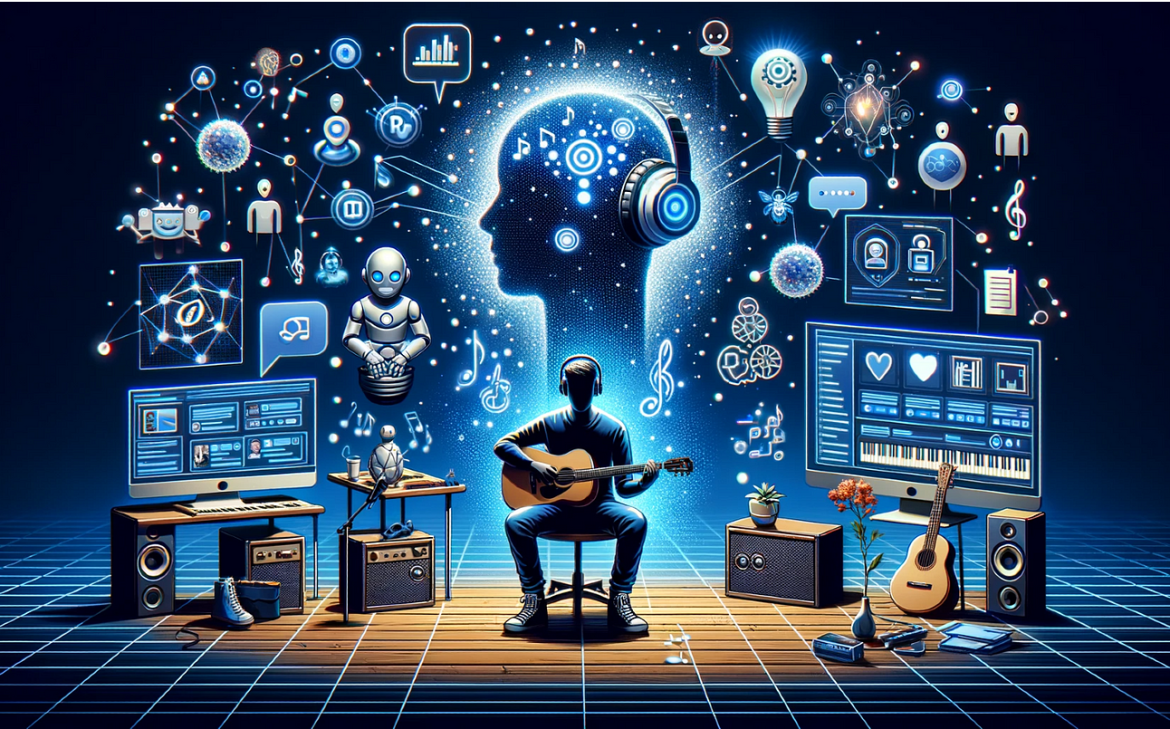
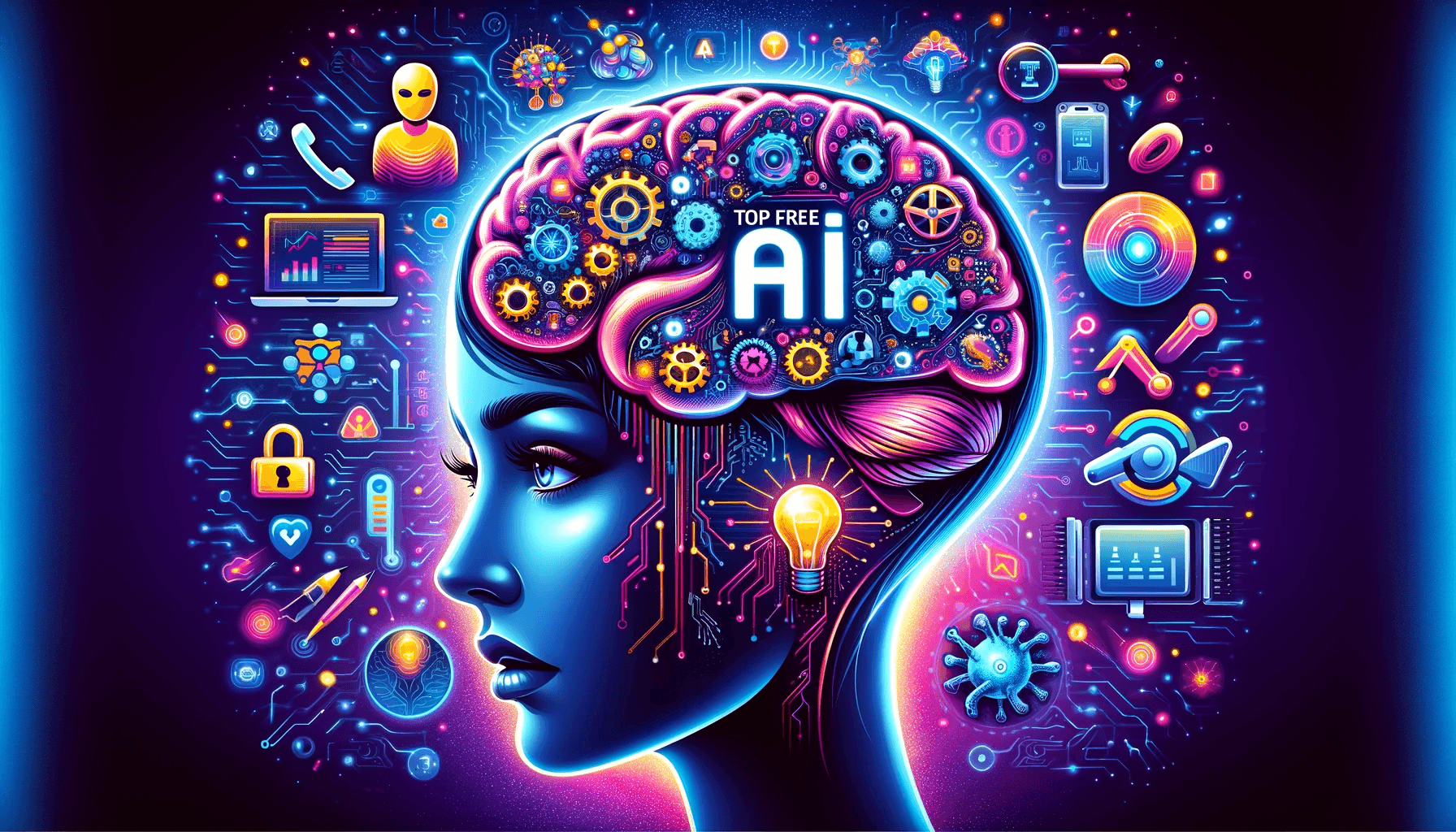
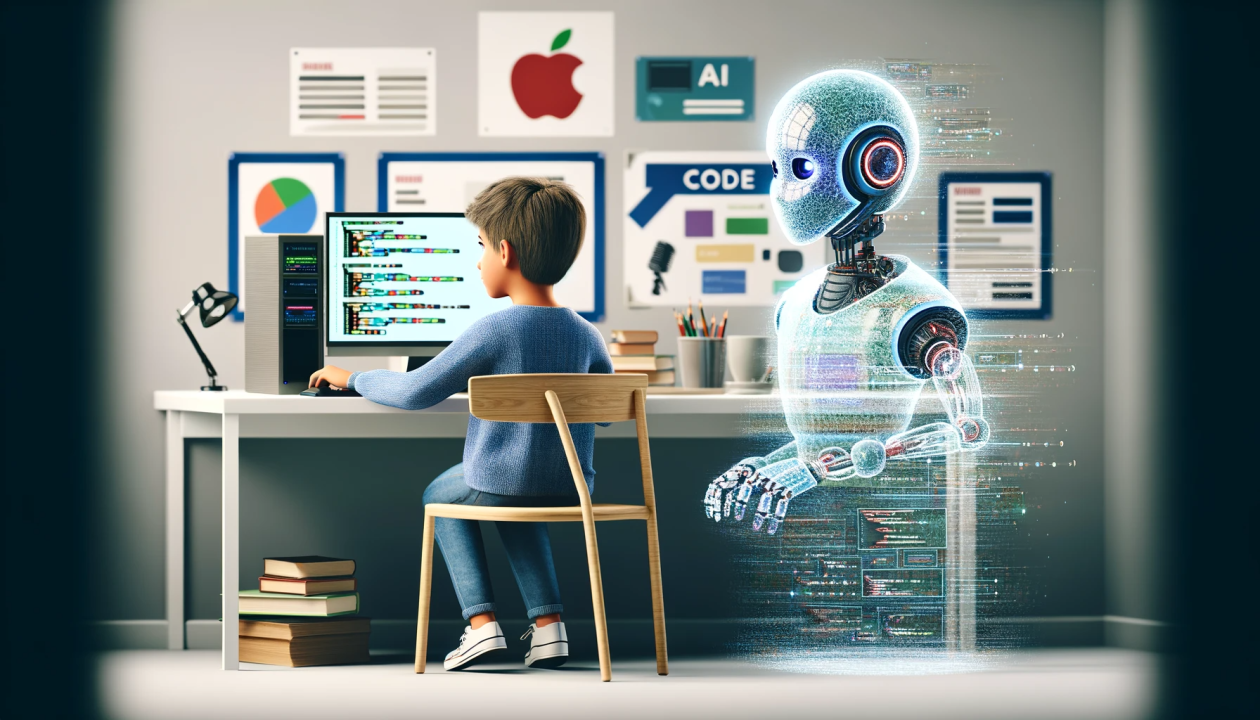
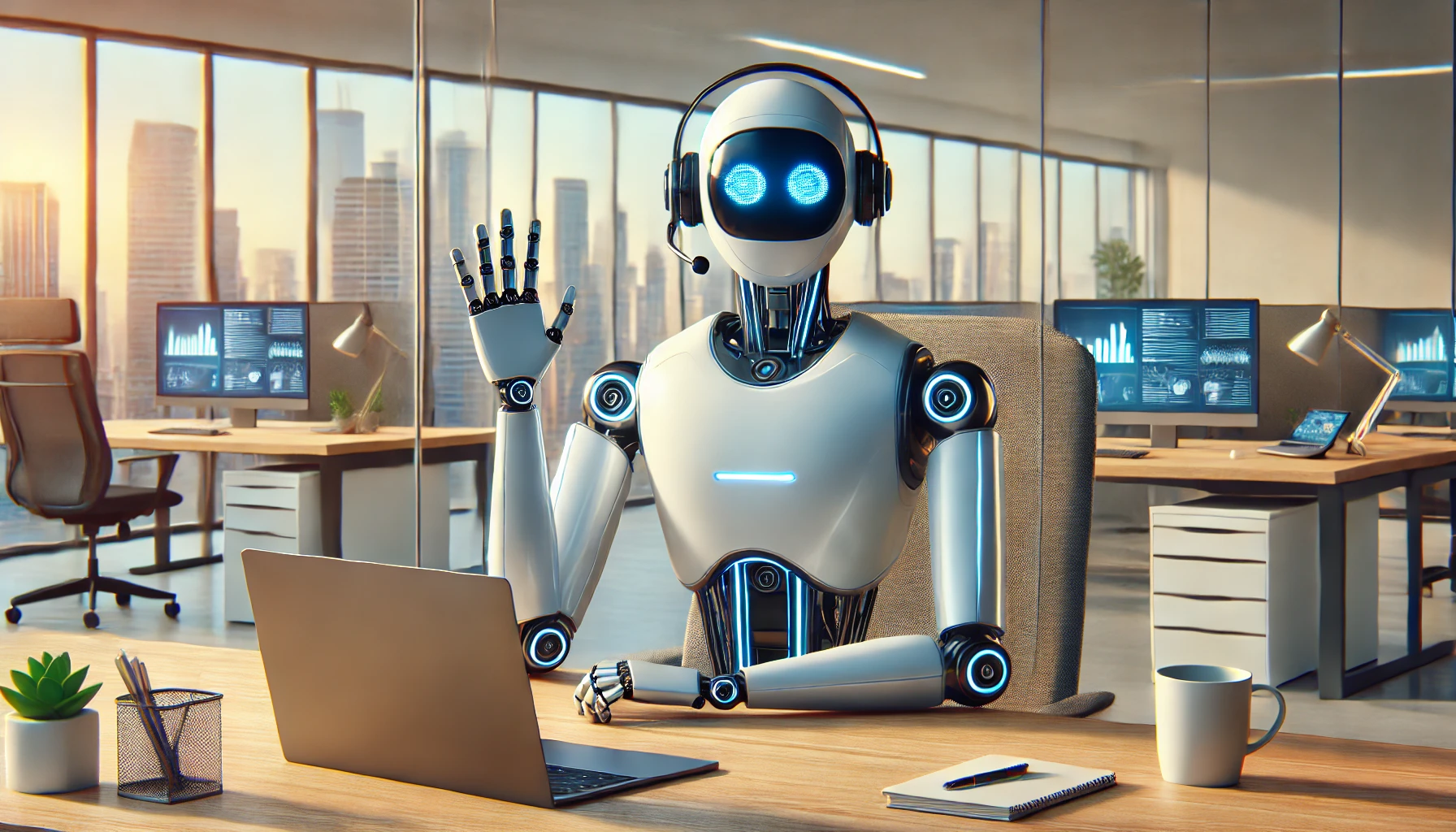
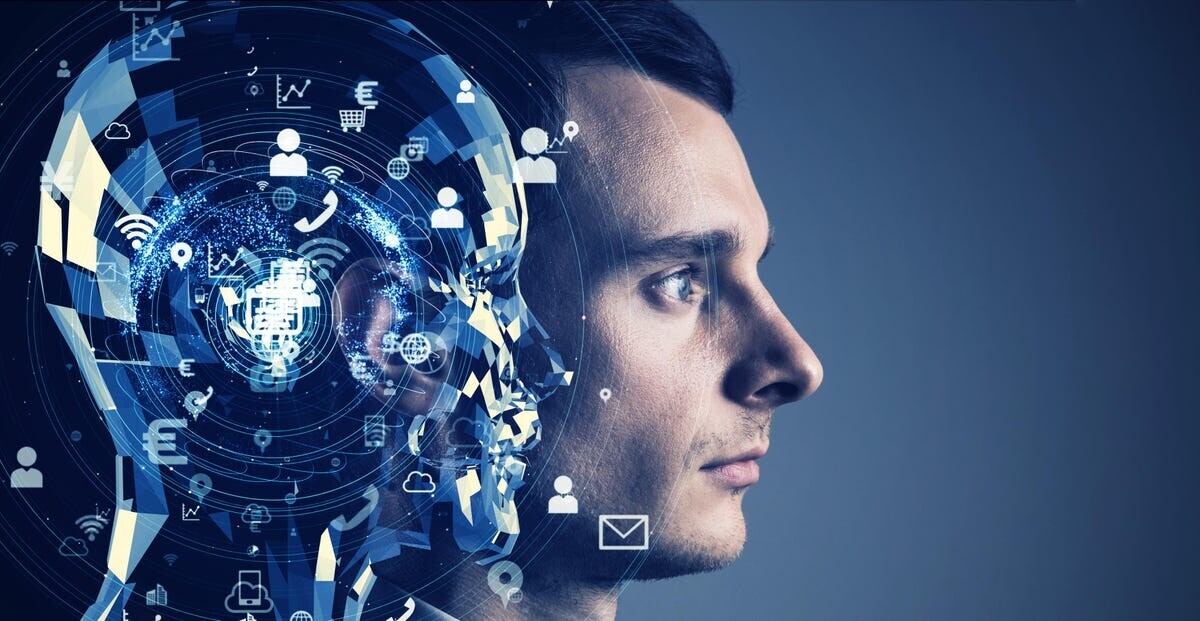
Leave feedback about this